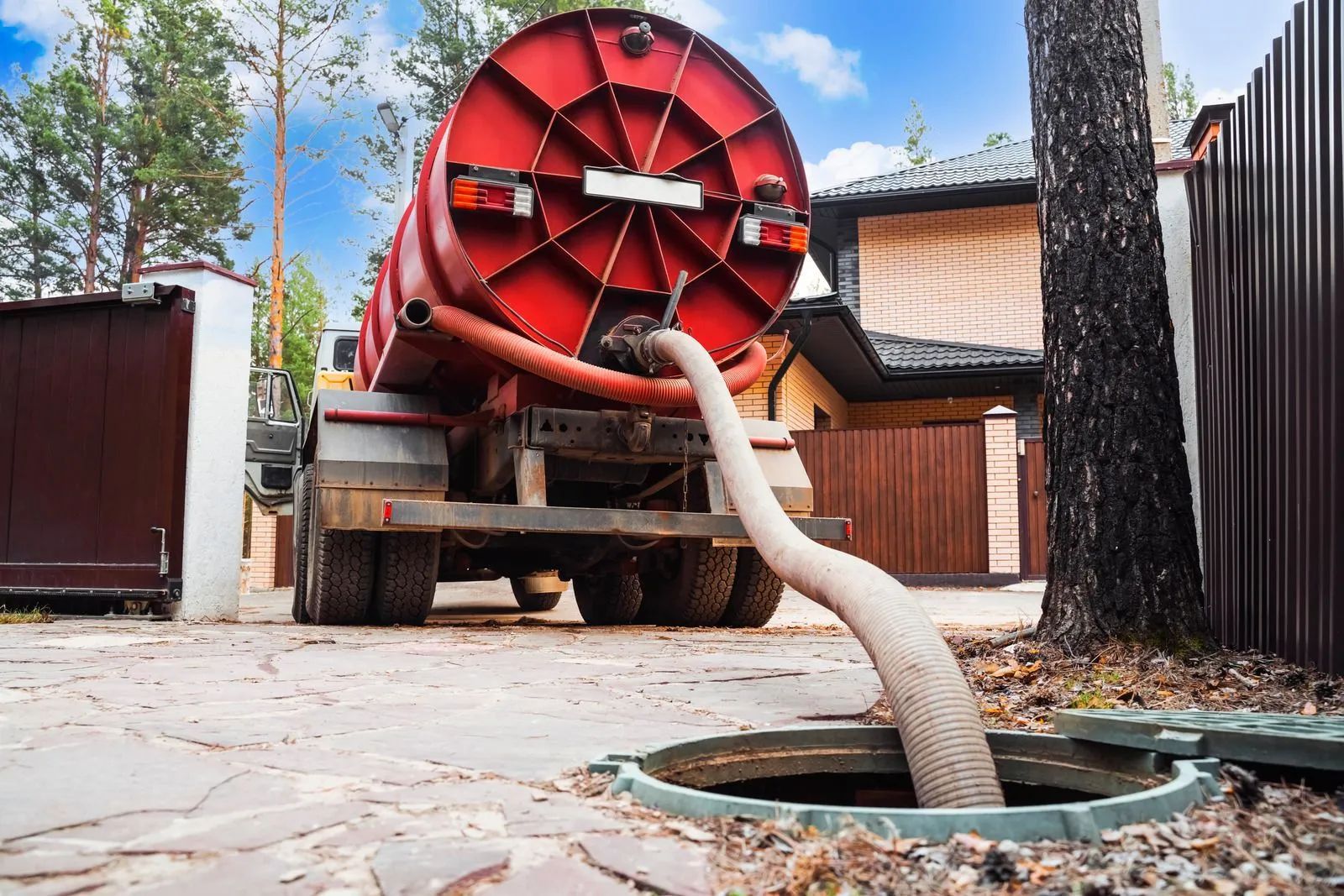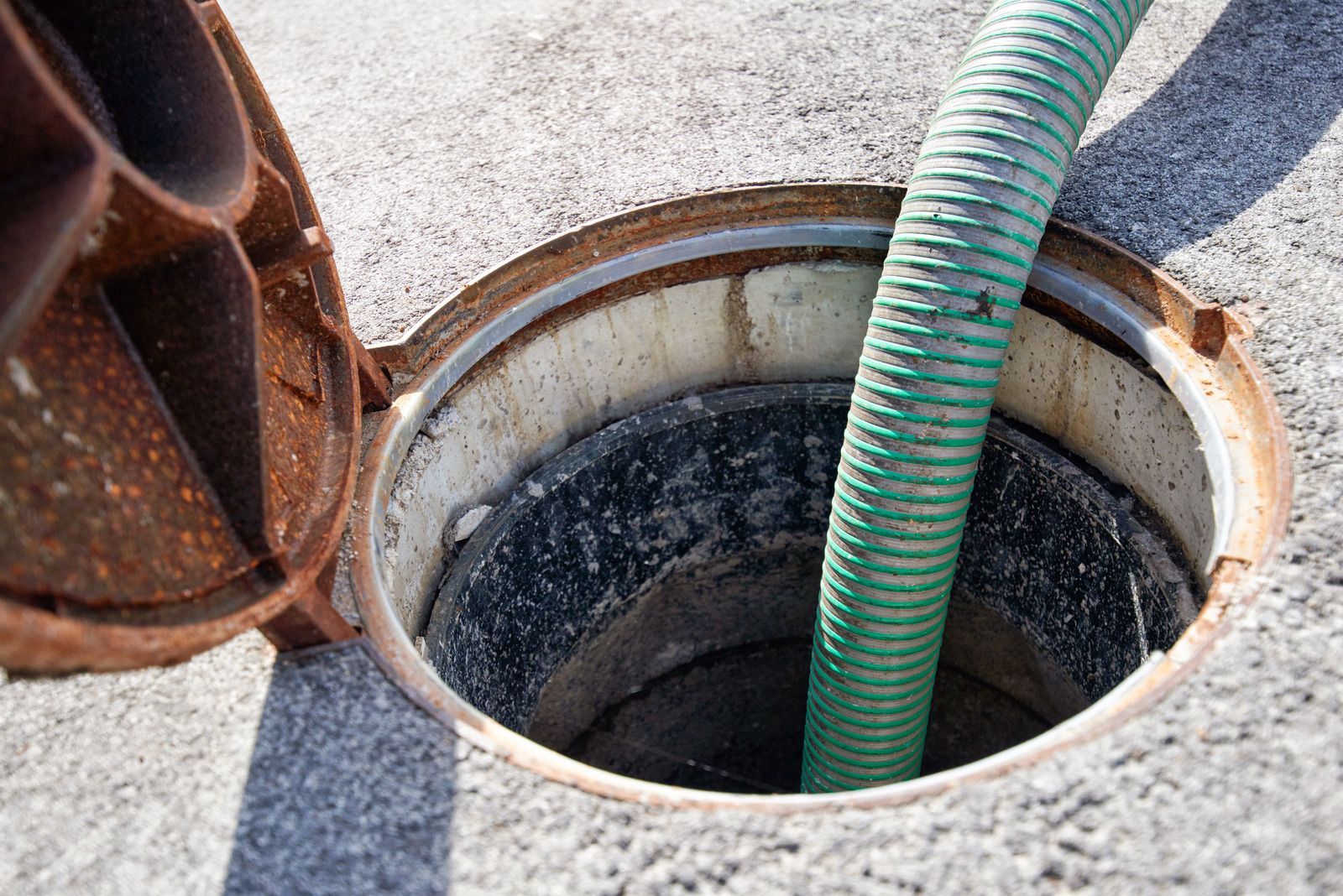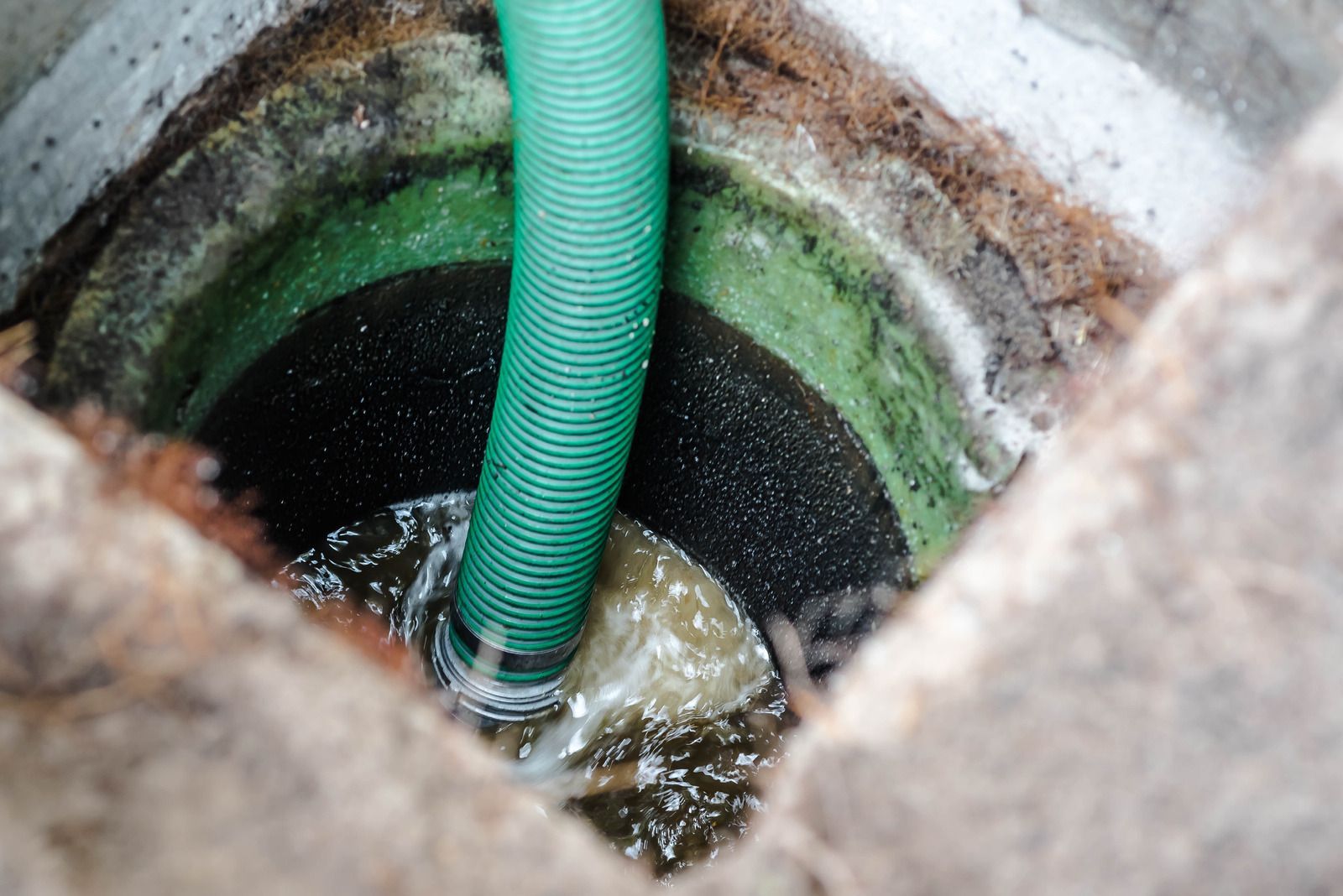Preventing Commercial Septic Tank Issues: Best Practices
Your business needs components that are solid and do not fail when it comes to enduring the test of time. The septic system, which is the most important component in any property, is also the most essential component in your business operations. You need to understand when your office or store’s septic tank is falling into disrepair. When you ensure that it is working fine, you avoid costly repair solutions and environmental disruptions. When you follow some practices that are deemed the best in this industry, you can prevent common septic tank issues and help your system be at its best performance.
Know Your Septic System
It is extremely important to understand how your septic system works before you get into providing preventive measures. A typical system consists of a septic tank and a drain field. Wastewater flows into the tank where solids settle, and liquids move to the drain field for further treatment. When you get your head around this process, it helps you identify potential problems and take appropriate actions.
Line Up Regular Inspections and Maintenance
It is said that prevention is better than cure. Preventive maintenance is important if you want a healthy septic system. Regular inspections by a qualified professional can help identify issues before they escalate. Schedule regular pumping with the professionals to remove accumulated sludge and scum. The frequency depends on your system's size and usage. Visual inspections can reveal cracks, leaks, or other structural damage. Checking the drain field for signs of clogging or water pooling is essential. Maintain detailed records of inspections, pumping, and any repairs for future reference.
Proper Wastewater Management
How your business handles wastewater significantly impacts your septic system. To keep your septic system healthy, avoid flushing wipes, feminine products, diapers, or grease. Dispose of grease properly, using a grease trap if needed. Limit harsh chemicals to protect beneficial bacteria. Conserving water also helps extend the life of your septic system.
Protecting the Drain Field
Your septic system's drain field needs protection as it helps carry away the waste water. So any kind of obstruction will be detrimental. Avoid driving heavy vehicles over it and plant shallow-rooted plants like grass to prevent root intrusion. Directing rainwater and runoff away from the drain field stops it from becoming oversaturated.
Responding to Signs of Trouble
If you want to prevent septic system disasters, it is first necessary to watch out for signs. This will help you call in professionals when it is not too late. The question is how you can understand when it is time to call in an expert. Watch for warning signs like gurgling drains, slow water drainage, foul odors, or sewage backing up. Puddles around the drain field are also a red flag. If you notice any of these, call a professional septic tank service right away. Don't delay, as these issues can quickly escalate into bigger problems.
When you follow the best practices and remain proactive about
septic tank maintenance, you can significantly reduce the risk of costly repairs and disruptions to your business. A well-maintained septic system ensures a clean and healthy environment for your employees and customers.




